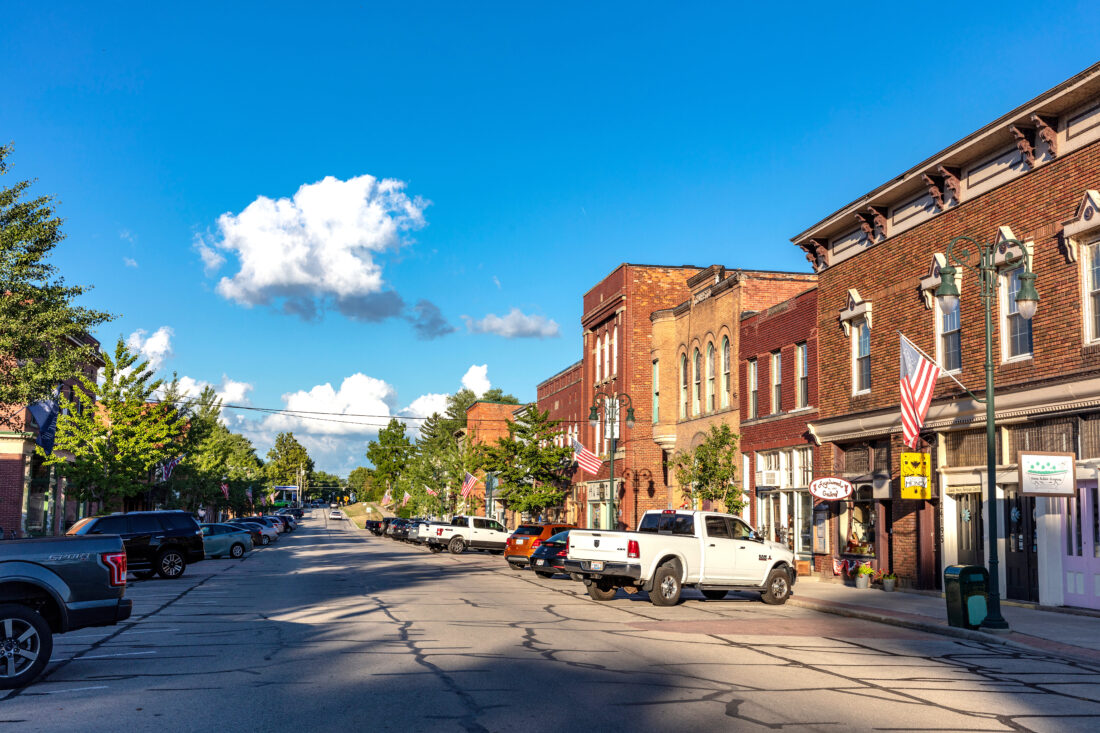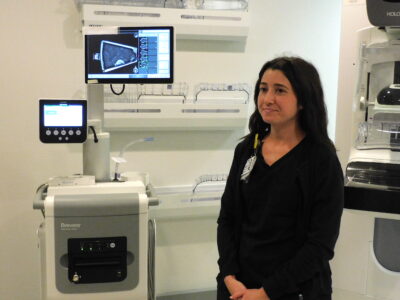What happens to ND’s entrepreneurs under multiple federal changes?

Submitted Photo Because wages are often lower in smaller towns, experts say people living in these communities are more reliant on programs like Medicaid. If they lose coverage under spending cuts, it would affect people who own, or work in, small businesses. Photo from Adobe Stock.
North Dakota’s Main Street businesses have a lot on their plates, from monitoring tariffs to finding enough workers, and support organizations said it is an open question whether they will feel any pain from large federal budget cuts.
Economists said there were some wins for small businesses in the “One Big Beautiful Bill Act” pushed through Congress by Republicans. One is raising the cap for tax deductions for equipment. But President Donald Trump’s proposal for the next annual budget would eliminate key entrepreneurial support, including Women’s Business Centers.
Amber Metz, executive director of the Lake Agassiz Development Group, said it is free guidance startups would miss out on.
“Those would usually be substantial out-of-pocket costs for that kind of expertise that is found in those offices,” Metz explained. “To get the same kind of expertise, I don’t think that’s likely doable for all of those new small businesses.”
The White House said small business aid reforms are needed and the administration would ensure there are no disruptions in providing technical assistance. While some groups worry larger cuts to safety net programs will have a ripple effect on Main Street, Metz cautioned it is too early to say from her viewpoint. If they do, she pointed out North Dakota has a strong collaborative spirit to work through challenges.
The national organization Main Street Alliance is expressing greater concern about big changes to programs like Medicaid, with budget forecasts predicting a nearly $1 trillion spending cut over the next decade.
Shawn Phetteplace, national campaigns director for the alliance, said it is a problem for small businesses.
“Twenty percent of owners or their children are covered by Medicaid,” Phetteplace said. “One-third are enrolled. Over a third of people enrolled in Medicaid nationwide are connected to small businesses in some way.”
The data he cited is from Georgetown University’s Center for Children and Families. The Alliance is asking small business owners and workers to discuss these issues with Congress during their August recess.
The One Big Beautiful Bill Act permanently extended a 20% tax cut geared for smaller companies but advocates said policymakers missed an opportunity to address fairness issues in that provision.



